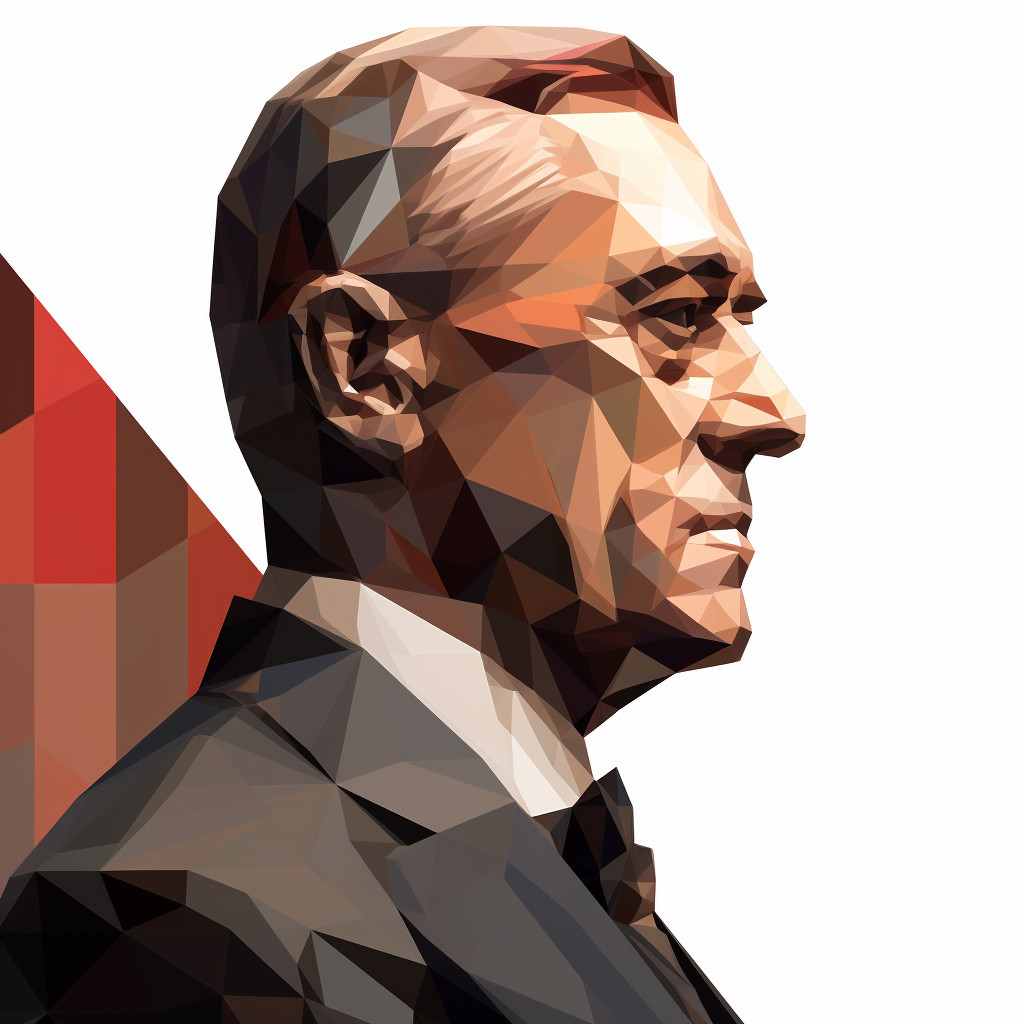This quote suggests that leaders are more likely to emerge from humble beginnings rather than from a life of privilege. The underlying idea is that experiencing hardship and overcoming adversity can cultivate resilience, tenacity, and a deep understanding of people’s struggles, qualities that are essential for effective leadership. In contrast, being born in a ‘palace’ – a metaphor for a privileged life – might not offer the same opportunities for character building.
The ‘cabin’ and ‘palace’ are metaphors representing two different life circumstances. A cabin symbolizes a modest or impoverished upbringing, where resources are limited and one must work hard to achieve their goals. On the other hand, a palace signifies privilege, wealth, and comfort. The suggestion is that those who grow up in ‘cabins’ may be more likely to develop the grit, determination, and empathy required to be a good leader.
In today’s world, this idea could be applied to various scenarios. In business, it’s often those who have experienced failure and learned from their mistakes who become the most successful entrepreneurs. In politics, leaders who have experienced the struggles of ordinary people may be better equipped to understand and address societal issues.
In terms of personal development, this quote encourages us to view challenges and hardships as opportunities for growth. It suggests that the path to becoming a leader is not necessarily about having the best resources, but about having the resilience and determination to overcome obstacles. This could mean, for example, that someone from a disadvantaged background who has fought their way to success may have developed stronger leadership skills than someone who was handed everything on a silver platter.
In essence, the quote is a reminder that true leadership is born out of struggle and adversity, not privilege and comfort. It encourages us to value resilience, tenacity, and empathy, and to recognize that these qualities can be honed through overcoming personal challenges.







